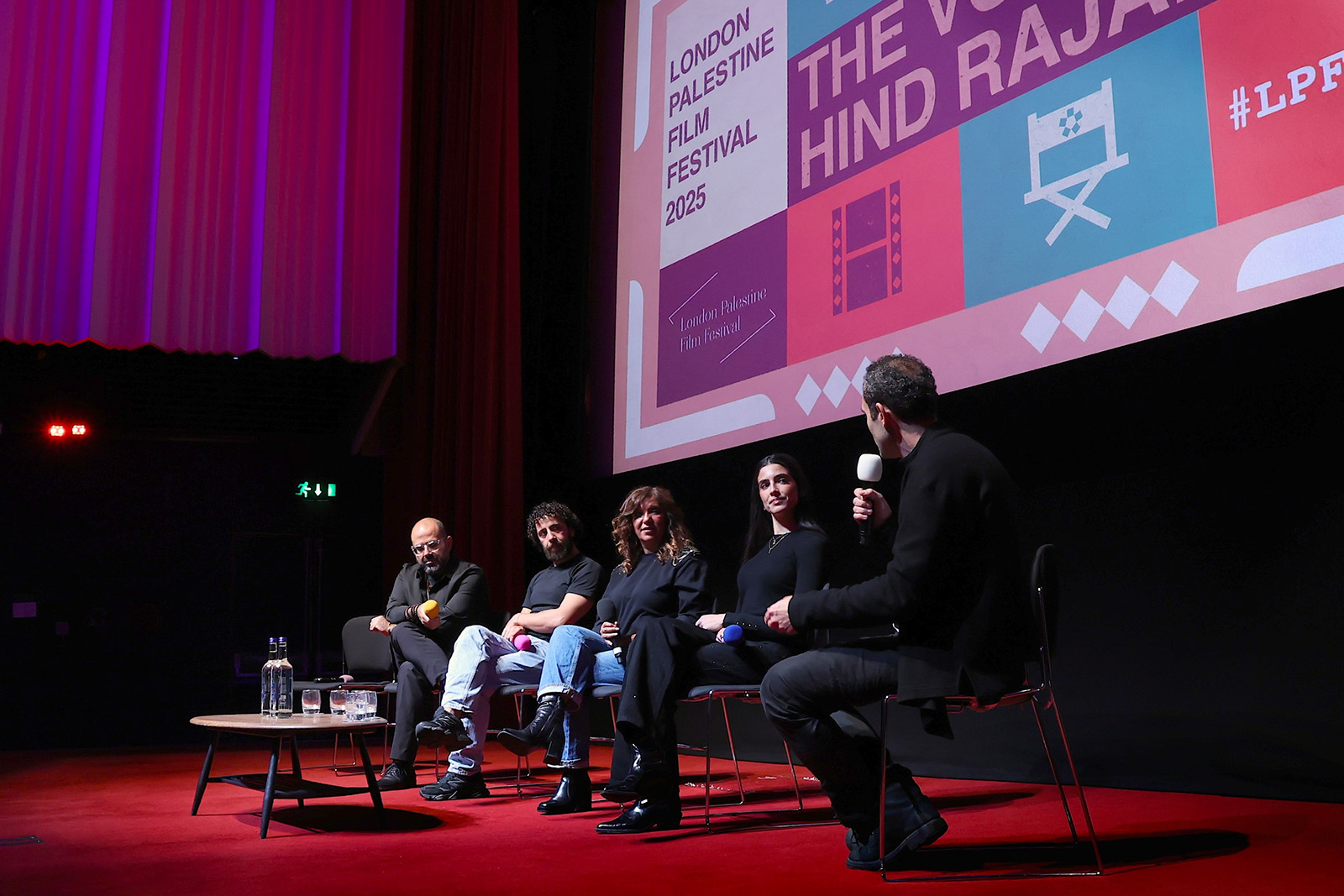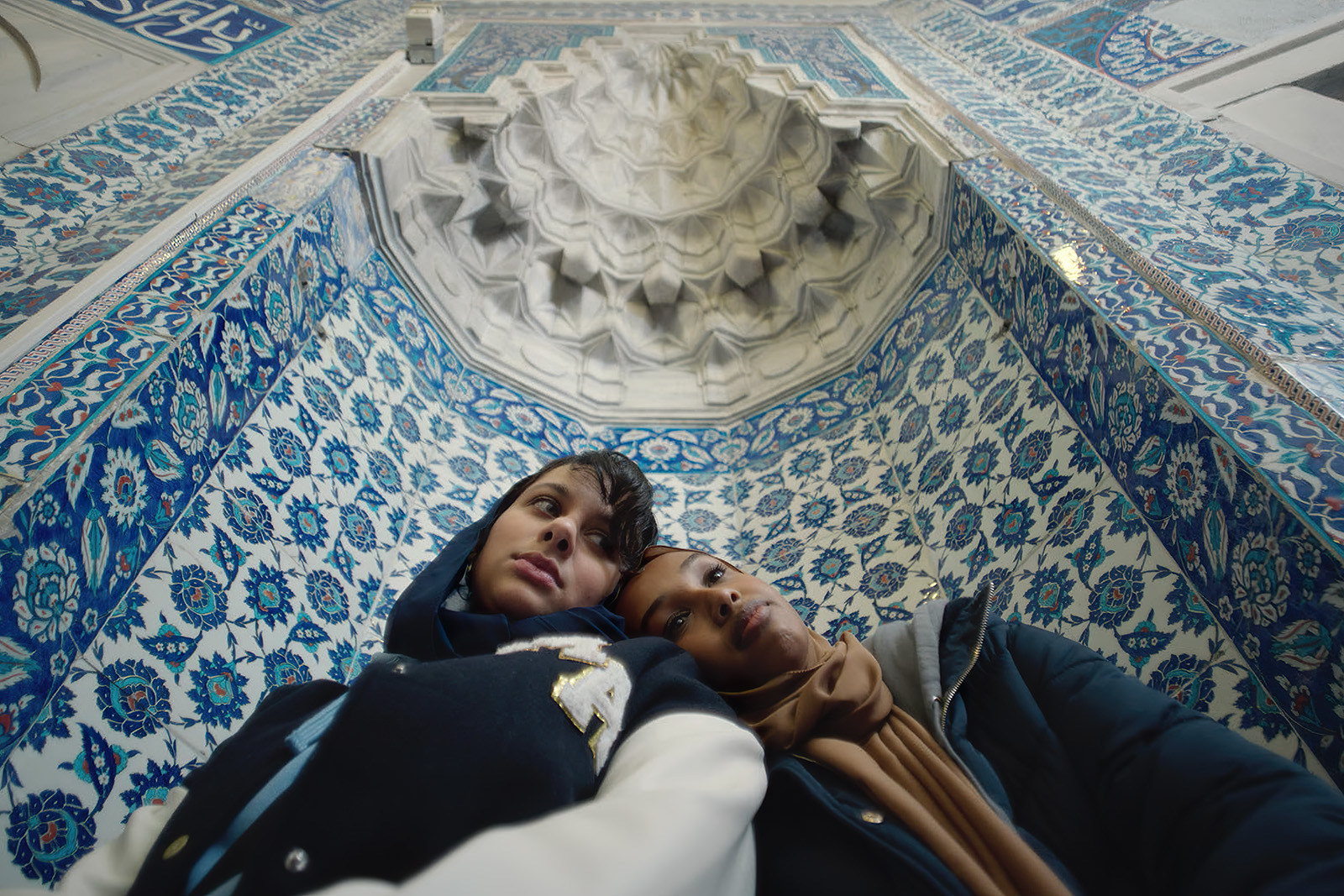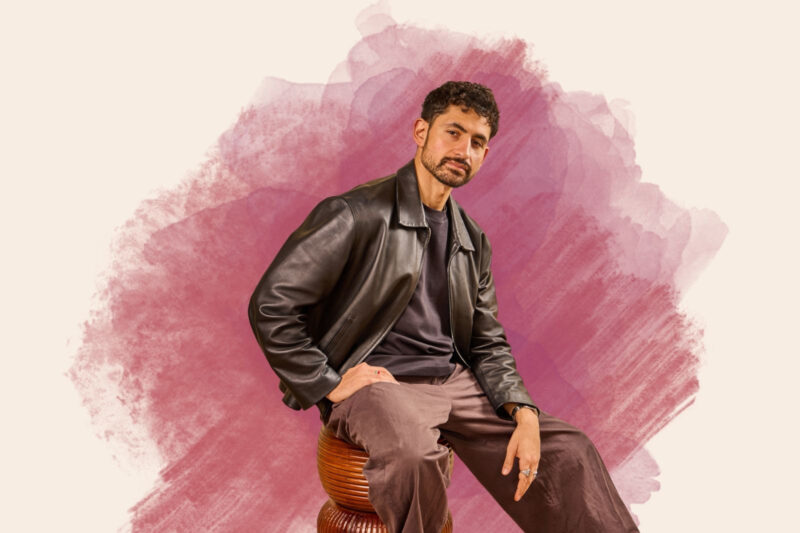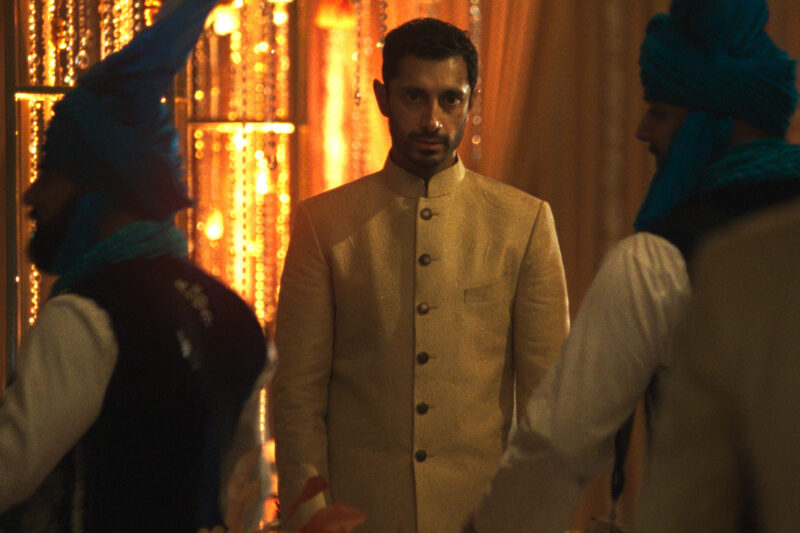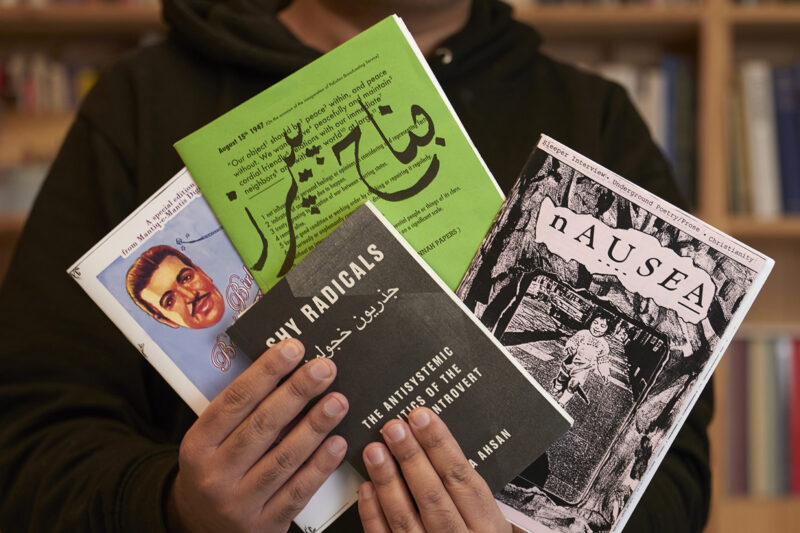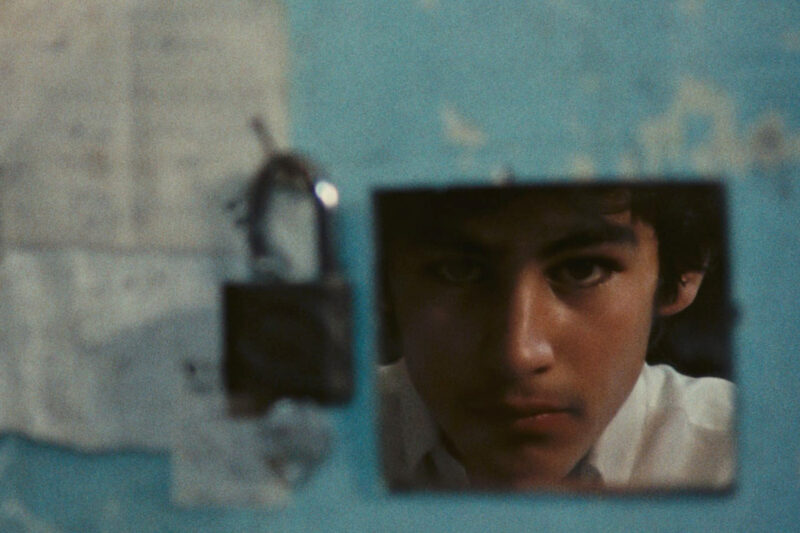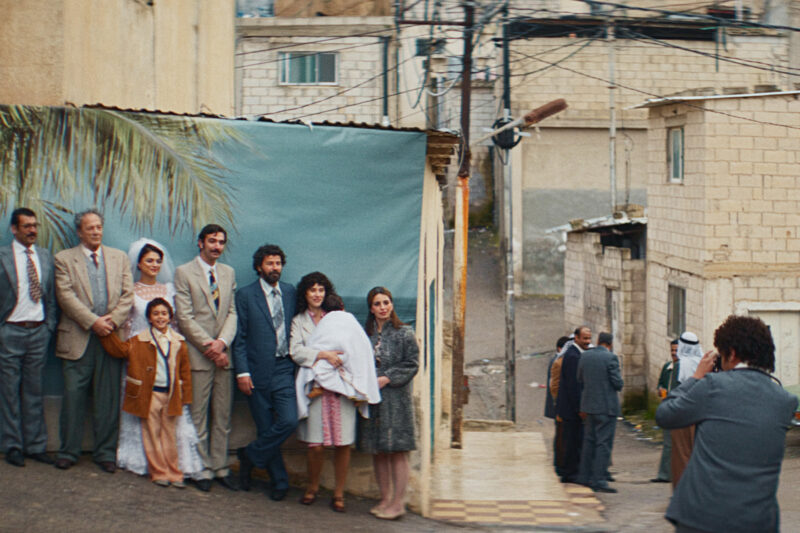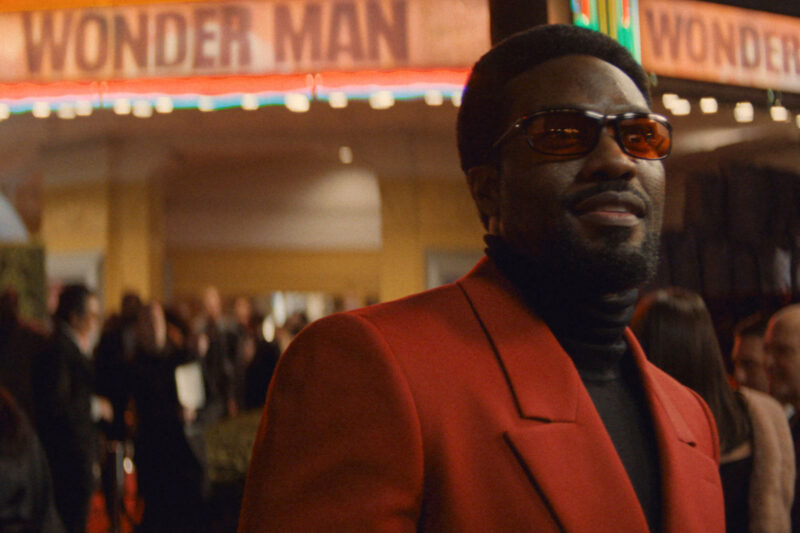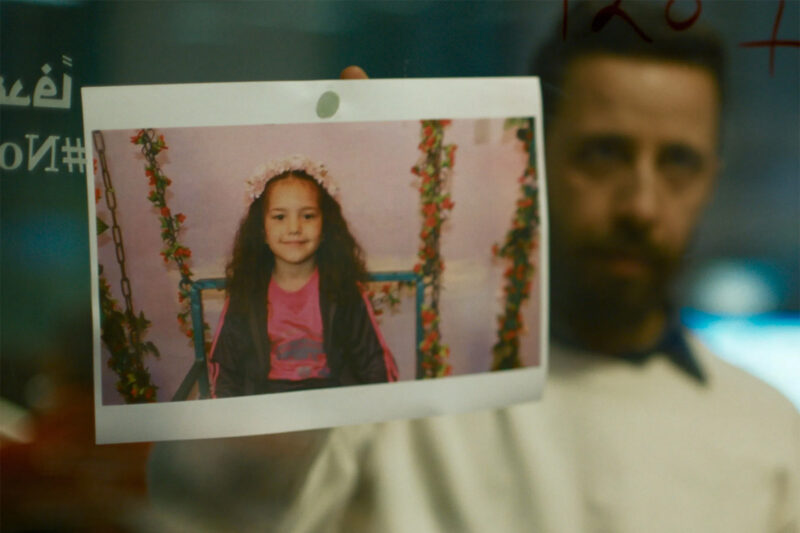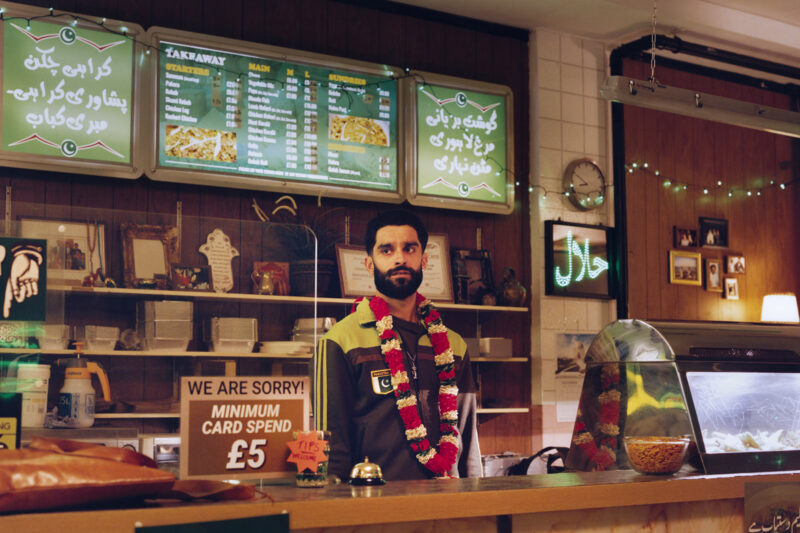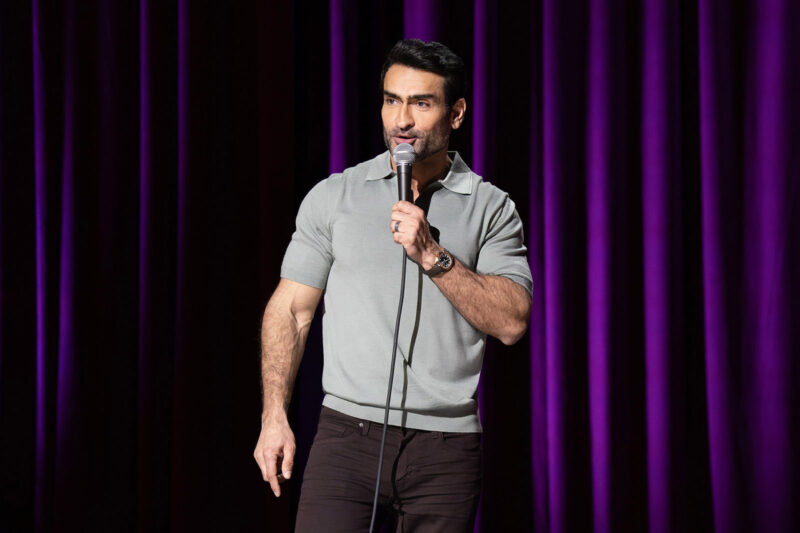Imran Perretta on his debut feature Ish: ‘Trauma has informed so much of my creative work’
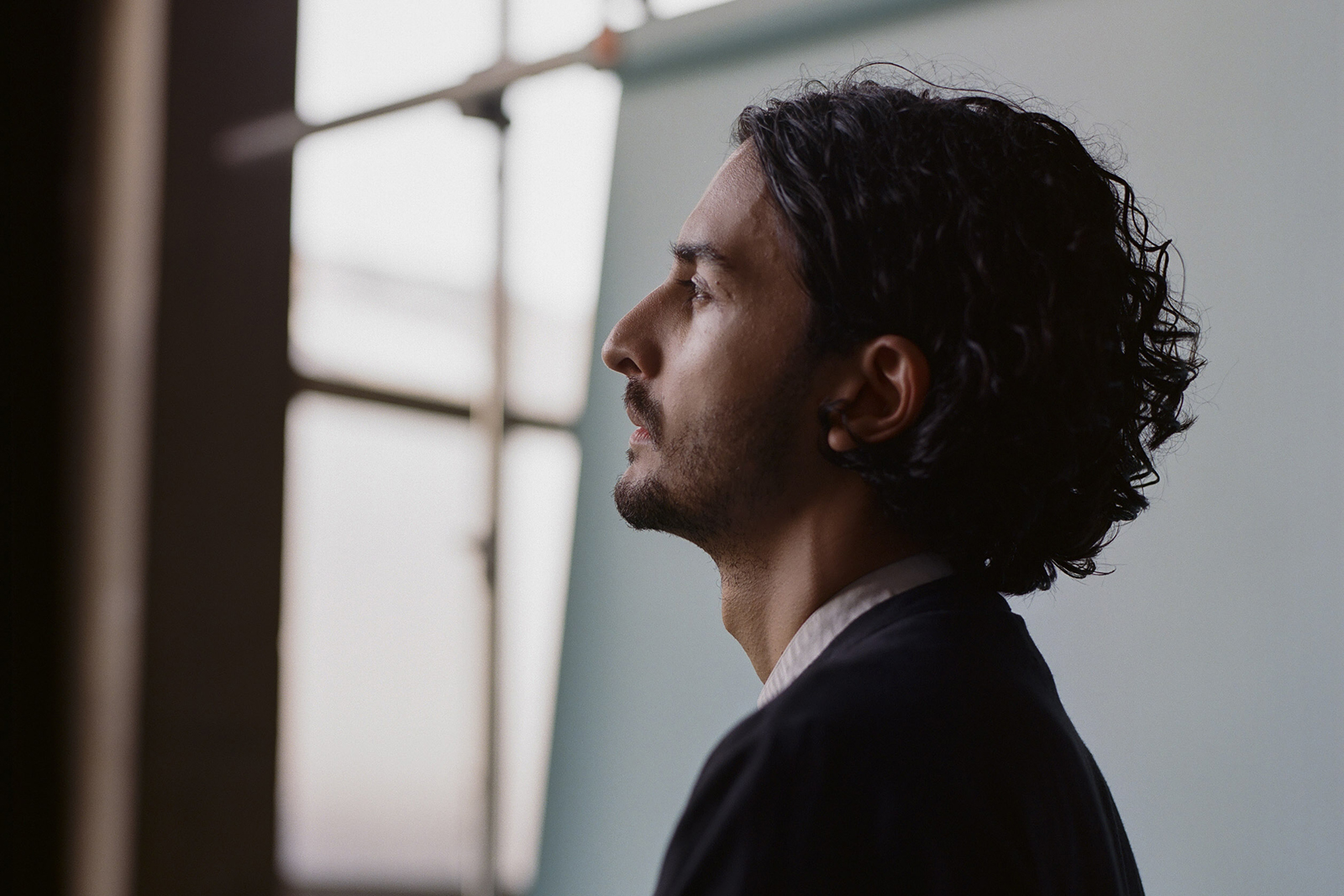
The film-maker and visual artist on his new coming-of-age film based on his personal experience of a police stop and search
In every coming of age story there is an awakening, a revelatory moment where our protagonist transforms from child to adult. It might be an instance of first love, first loss or fresh knowledge. For Bangladeshi British film-maker, composer and visual artist Imran Perretta, his real-life awakening was a racially motivated police stop and search when he was just 13.
“It was after the 9/11 attacks in 2001, I was a kid and I was dragged into the back of a police car because of the colour of my skin,” he says. “In that moment, I understood so much about what it means to be visible and targeted and it forced me into the adult world against my will.
“I’m 37 now and I’ve been reckoning with that incident ever since. I’ve never quite been able to let go of it.”
Perretta’s award-winning video installation work largely focuses on these difficult instances of coming to terms with a racialised identity. His 2020 film, the destructors, focuses on a group of young Muslim men navigating their status as an ideological threat in a post-9/11 world of increasing Islamophobia, while 2024’s A Riot In Three Acts examines the youth disenfranchisement that led to the 2011 London riots.
With his feature debut Ish — nominated for two British Independent Film Awards on 30 November — he is telling a fictional version of his most personal story yet: the 2001 stop and search.
Filmed in Luton in muted black and white, Ish traces the relationship between 12-year-old best friends Ish and Maram. Ish grieves the recent death of his mother while Maram, who is Palestinian, reckons with the horrifying news reports coming from Gaza. Following a traumatic police stop and search, the boys grow apart and Perretta documents the damaging consequences of their abrupt entry into the adult world — a place where they are treated as suspects rather than children.
“It shouldn’t be a rite of passage to be violated by the police, but for a lot of black and brown boys it is,” Perretta says over a video call from his south London home. “My own experience of it is emotionally complex, since it was a traumatic moment but also one that has informed so much of my creative work since. That’s ultimately what we should be making films about.”
Initially approached by BBC Film after winning the Turner Prize Bursary in 2020 for the destructors, Perretta was commissioned to come up with an idea for a feature debut. A year later, he had a 120-page first draft recounting his teenage experience.
Enda Walsh, the Irish playwright and screenwriter of Steve McQueen’s Hunger and Lynne Ramsay’s Die, My Love, was later brought on as a co-writer. Perretta had first read Walsh’s work in art school and was moved by his ability to be “funny, poignant, political and personal all at once”.
Perretta explained the personal background of the story to Walsh, as well as the importance of Luton as the film’s setting. “Luton is often portrayed in the media as a hotbed for extremism while also being heavily policed and devastated by austerity,” says Perretta. “So much happens in such a small space and right in the middle of it there is this beautiful, joyous Asian community just existing.”
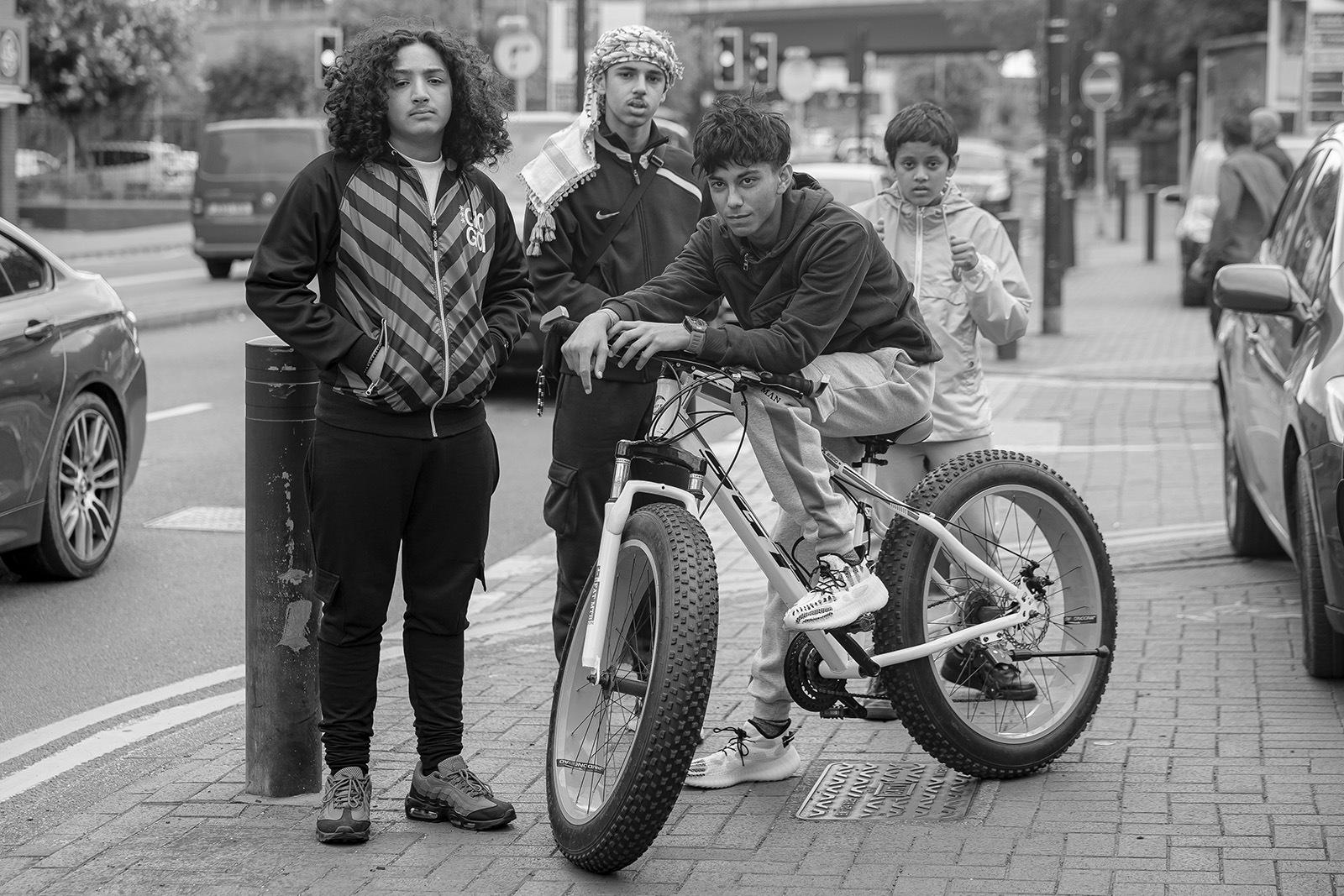
Enlisting casting director Lara Manwaring, they put a call-out to local high schools. “I think it must have been most of Luton’s boys who came to us,” Perretta laughs. “Farhan Hasnat who plays Ish auditioned on the very first day and I knew immediately that he was perfect and the same went for Yahya Kitana who plays Maram. He came in half asleep because he’d woken up late and he was such a beautiful, kind and engaging young man.”
The boys moved the creative team to tears. “It was only right at the end that they told me they’d actually known each other since nursery because they are family friends,” he says. “The chemistry they have is completely real.”
Indeed, the first-time performances from Hasnat and Kitana are remarkable for their tender subtlety that portrays their harsh coming-of-age as precise shifts in their body language, faces and tone. It’s a depiction that sees the boys as children simply trying to make a life in a hostile environment.
“When you actually spend time with real kids, you see that how they appear symbolically is not how they actually are,” says Perretta. “The big reveal is that these teenage boys aren’t so different from each other, especially if you give them space and time to exist in an environment that is safe for them.”
Ish will be on general release in 2026 so wider audiences, and especially South Asian boys, will soon have the chance to watch this portrayal of masculinity for themselves onscreen.
“It’s something I wish I had growing up, as it would have been so inspiring,” Perretta says. “While for everyone else the message is that when you encounter a kid, treat them like a kid, even if they hold themselves like an adult. Everyone must remember that society would be so much better if children were allowed to be kids for longer.”
The 2025 British Independent Film Awards take place at the Roundhouse, London on 30 November.
 Newsletter
Newsletter


